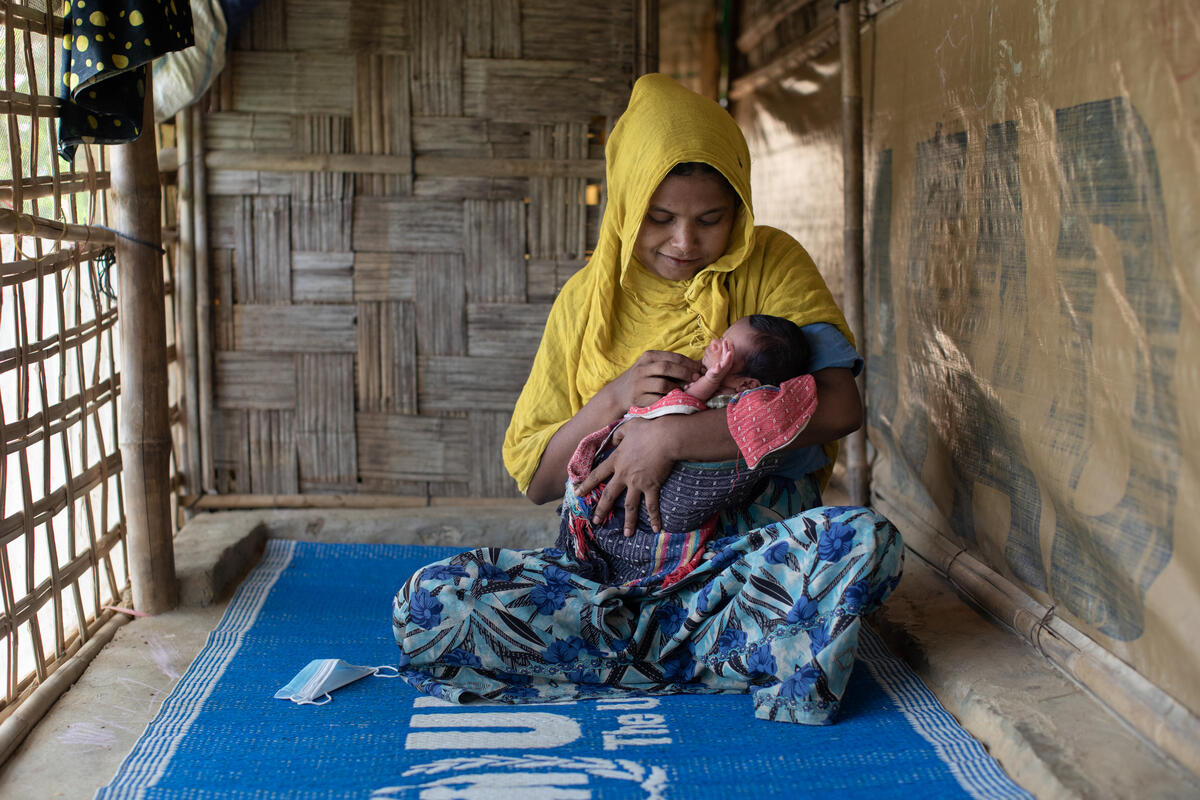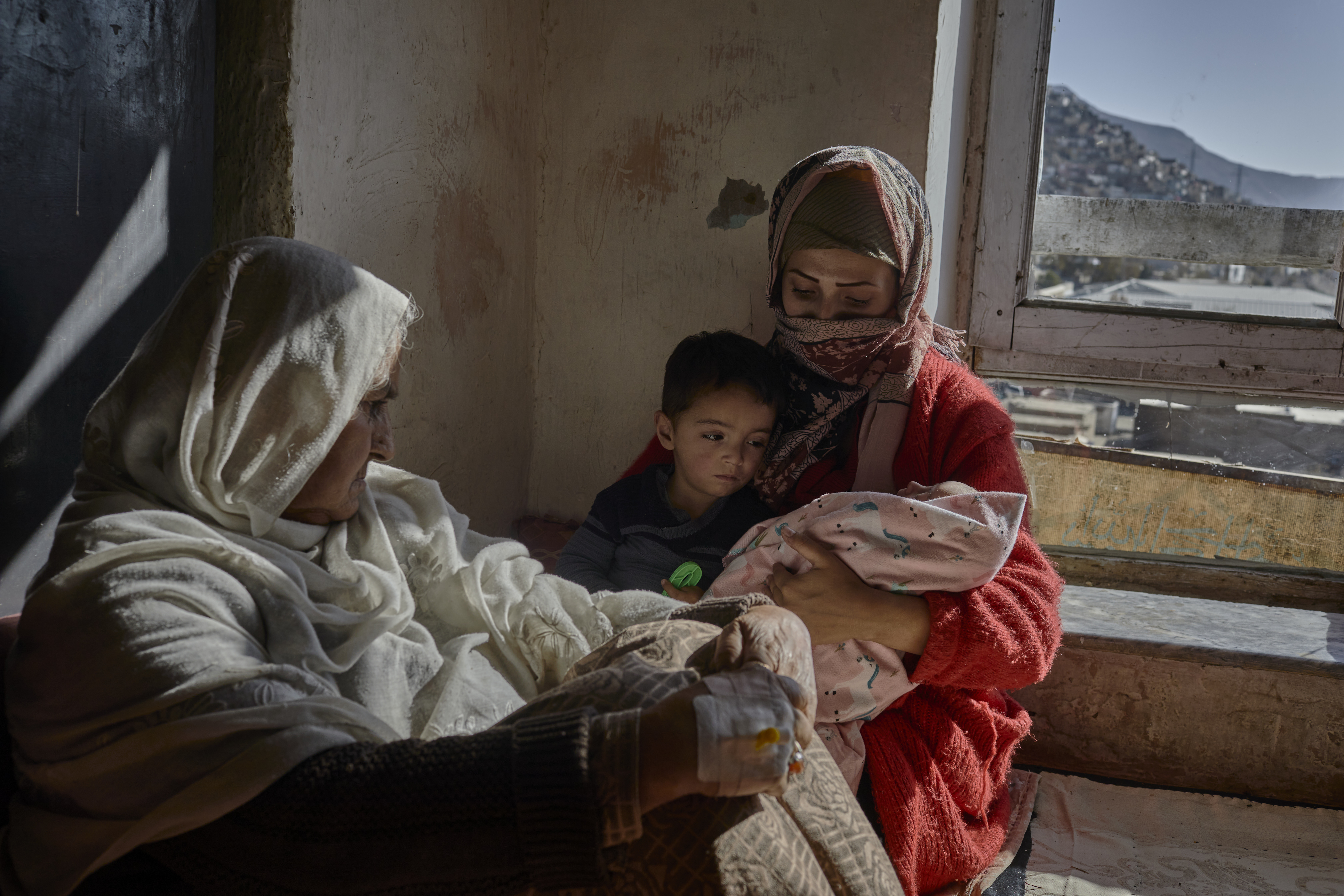UNHCR cards give refugees in Bangladesh individual identities
UNHCR cards give refugees in Bangladesh individual identities

KUTUPALONG REFUGEE CAMP, Bangladesh, July 23 (UNHCR) - Far too often, women in the conservative Muslim community of this refugee camp have been considered as appendages of their male relatives, dependent on them even for their daily food rations.
For women refugees, being recognized in their own right is one of the protection benefits conferred by ID cards that are now being issued by the UN refugee agency to more than 22,500 refugees in the two refugee camps in Bangladesh.
"I am very happy to receive an identity at my age," said Zohora Begum. As the 65-year-old refugee fingered her new card, she vowed to "keep it with me always, in a safe place, so that no one can take it away from me."
The new ID cards, being issued by UNHCR this month in Kutupalong and Nayapara refugee camps near Cox's Bazar in the south-east of the country, are recognized as valid identity documents by the Bangladeshi government.
Issued to every refugee over the age of five, they bear a photo and the refugee's name and details, as well as the distinctive UNHCR logo.
"With these cards, refugees will be able to identify themselves as people legally permitted to reside in Bangladesh if they meet law enforcement officials," said Pia Prytz Phiri, UNHCR's representative in Bangladesh. The two camps are home to about 27,000 Muslim Rohingya refugees who fled Myanmar in 1991.
The ID cards replace a "family book" system that was unwieldy and open to abuse, with the books sometimes confiscated by refugee leaders as punishment or sold to outsiders who could use them to gain access to valuable services within the camp.
Under the family book system, all members of one family were registered in one document under the identity and authority of the patriarch. In many cases, grown children, their spouses and own children were all under the grandfather's name. Some family books contained the names of as many as 45 members, so individuals lacked their own identities.
Mohammed Rafique, a 38-year-old, said he felt "honoured" by the new ID card that rectifies that situation. "I am very pleased and never thought myself and my family would ever receive an ID card," he said after getting his new card on Tuesday.
With food rations in the camps previously issued to the patriarch according to the family book, it was not always certain that each family member got the rations intended for him or her. In a society where polygamy is common, with the new ID card and a new system of ration cards, second and third wives will get rations for themselves and their children separately from the rest of the family.
"For us, the ID cards are really a milestone in recognizing each and every refugee and their individual rights," said Phiri. "They finally exist as individual refugees and are no longer lumped together as a group."








